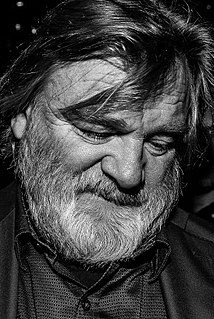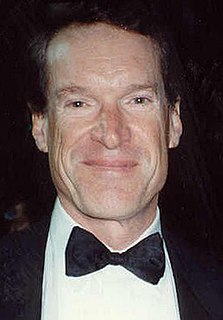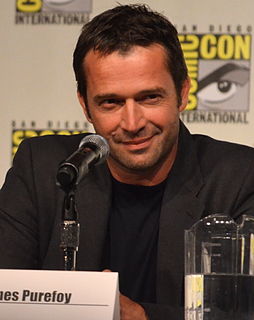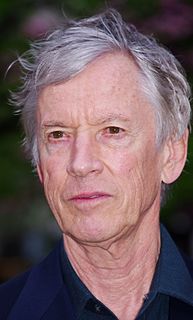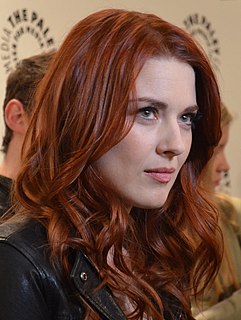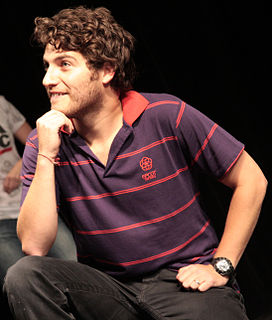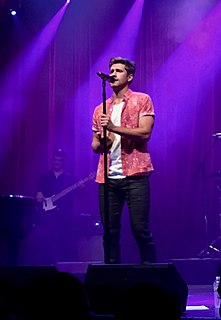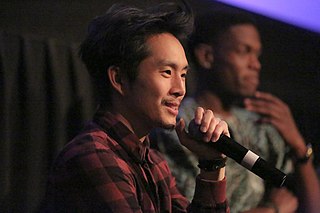A Quote by Brendan Gleeson
I think every character actor at some stage likes to carry a film. It can be extremely liberating to just come in for a scene or two and do your thing. But I find it frustrating if I'm just doing little bits here and there for too long.
Related Quotes
There should always be that leeway because if you think of your character as sort of absolutely fixed, then you just try and find actors to come and do exactly that thing, then you're not gonna be working with that actor's own set of internal impulses and who they are, so the best work is always a coming together of the actor and the character.
We just, you know, we're just sort of doing it like Bewitched, because we just think that the character of Kenny is so specific and so outrageous and so fun. And by far the hardest character to cast out of everybody to find someone who was capable of, you know, doing, you know, the comedy and just with the broadness and to be also just a really brilliant actor, you know, to do naturalism.
That one long scene in the Leftovers I have with David Gulpilil was seven pages long. When we finished it, Mimi Leder said, "I thought you were gonna do this in bits and pieces. You just did the whole thing." And I literally couldn't remember the scene. It wasn't that I was in a trance. I said, "Just keep shooting takes until you see what you want." In 48 years of acting, which is also how long I've been married, that had never happened to me.
Sometimes you'll have great actors who aren't comfortable with improvising. Which can get pretty frustrating. But every actor's coming from a different place and they have their own strengths and weaknesses and your job is to sell them as two people in the same world. Some of them have to have their hands held and some I just let loose entirely.
I'll generally write out every scene that's in the film on a couple of pieces of paper, just with a little one-line. And then I can scan it a bit and go, 'This first third of the film, generally, I'm kind of calm.' Then I might do something on one piece of paper that just relates to the energy of the character.
I always had something to think about or draw from, which as an actor is a gift. The beautiful thing about film is that it gets so much closer than stage. I love stage and that's what I started doing and it's a beautiful art form in of itself, but in film you can move your eyes to the side and somehow the audience can fill in the blanks of what you're thinking.
Normally my process is to sit in a room and read a script and talk about it and ask questions and just create a dialogue. That goes all the way through shooting. All kinds of thoughts and ideas can find their way in there. As long as you're all on - We're just all trying to tell the story so my job as a director is just to find out what this film wants to be based on, it's just words on a page at some point but then it just needs to go to some level of believable storytelling. I'm discovering the film as I make it, to some degree.
